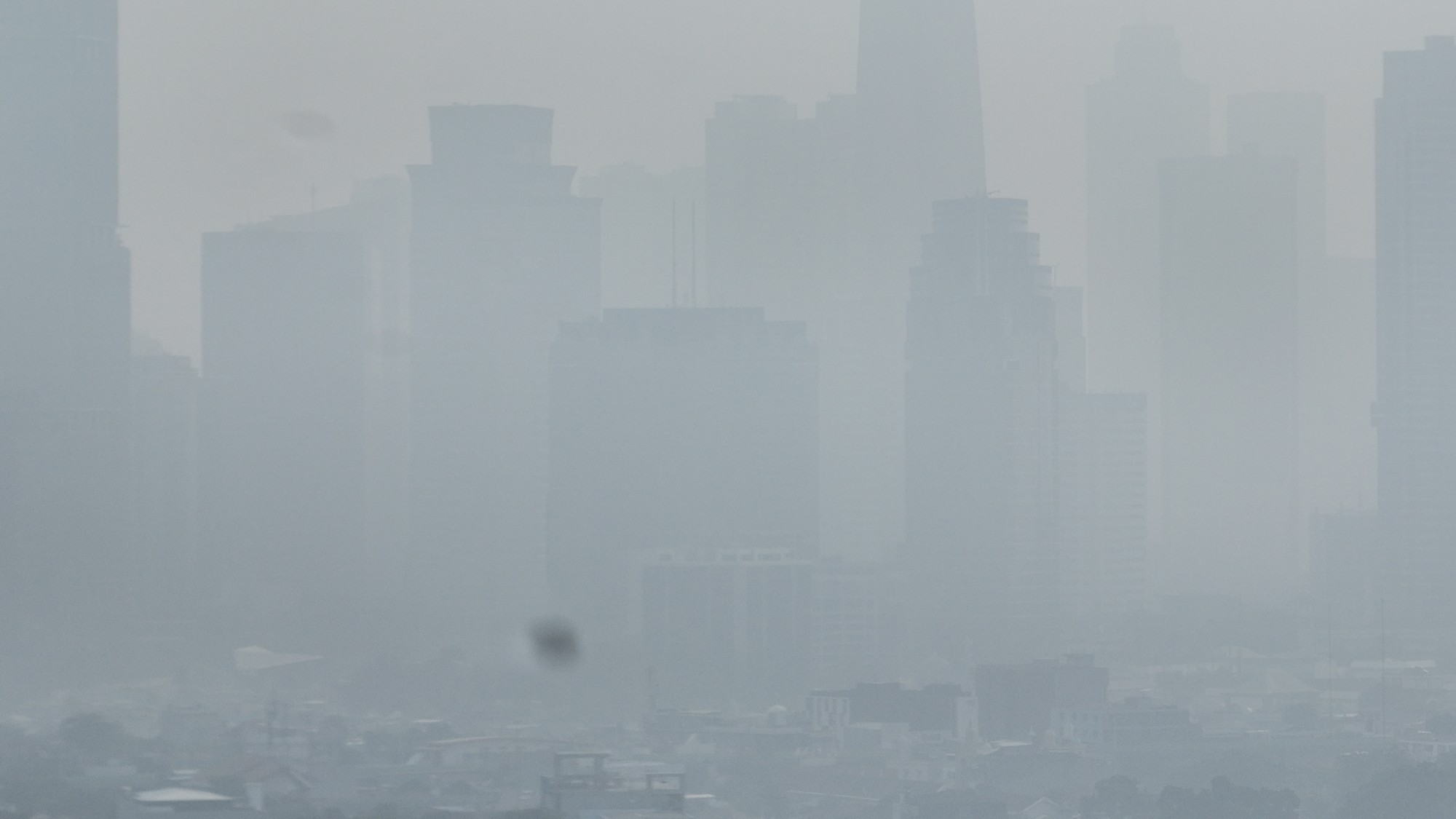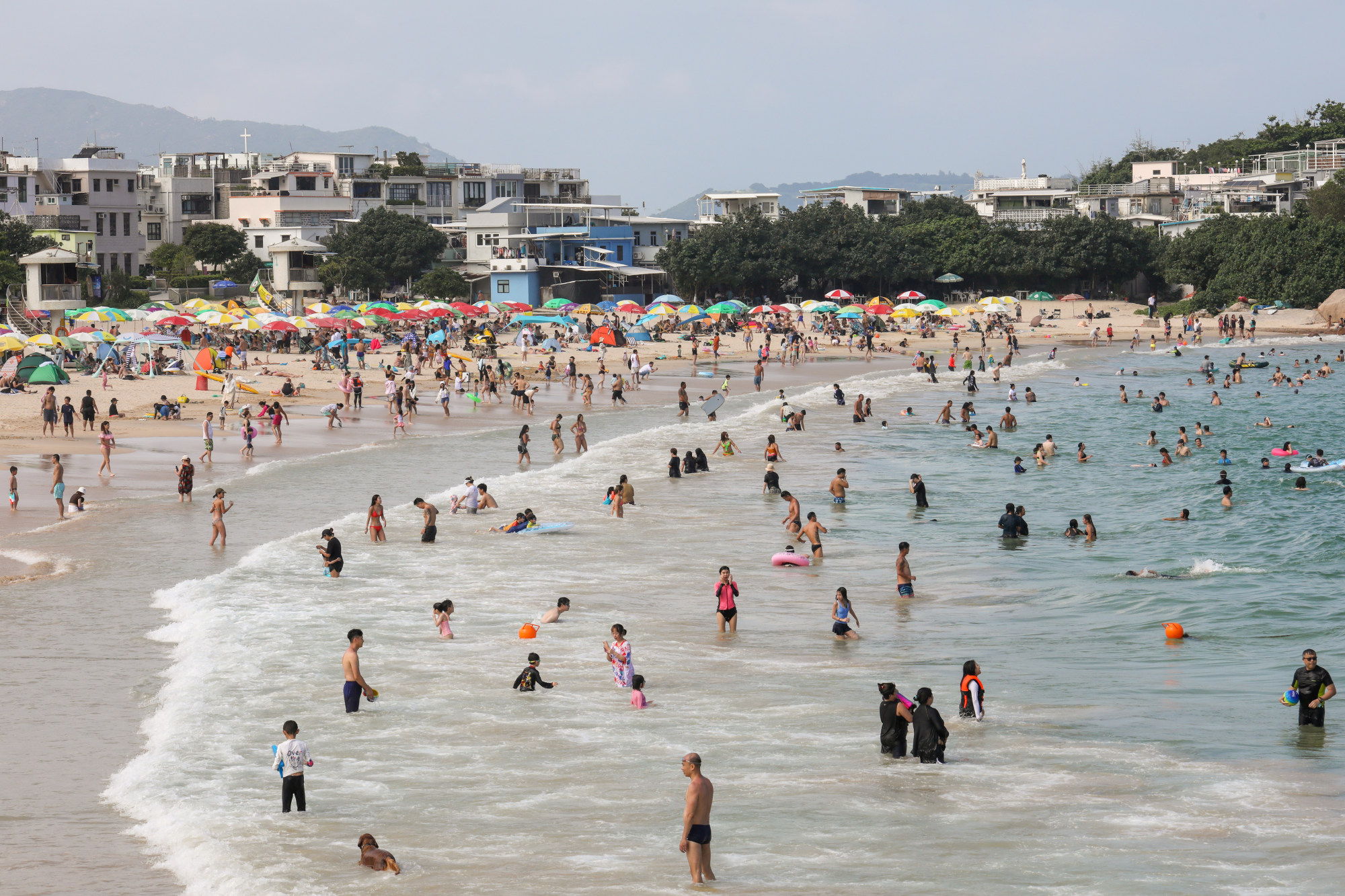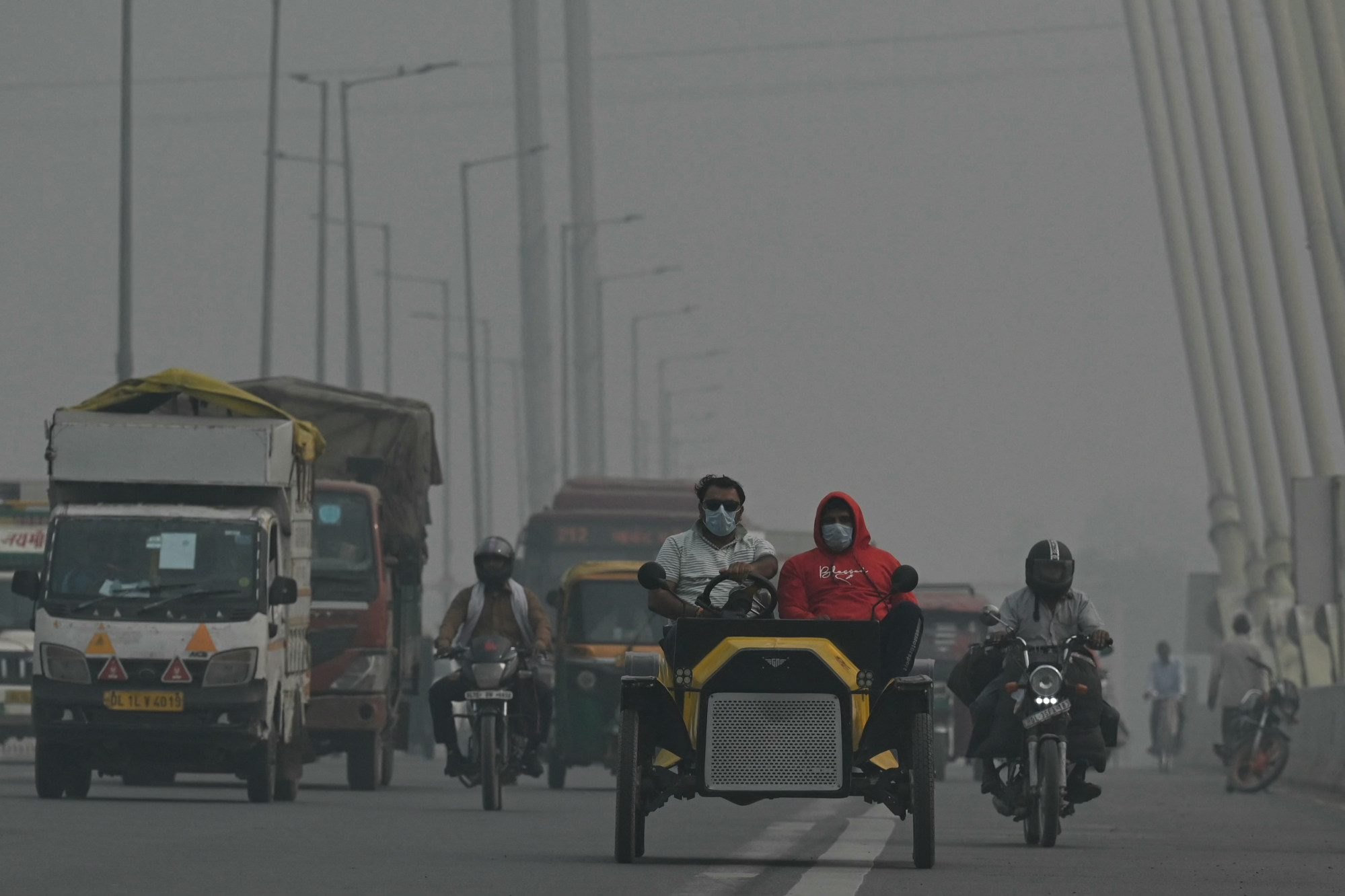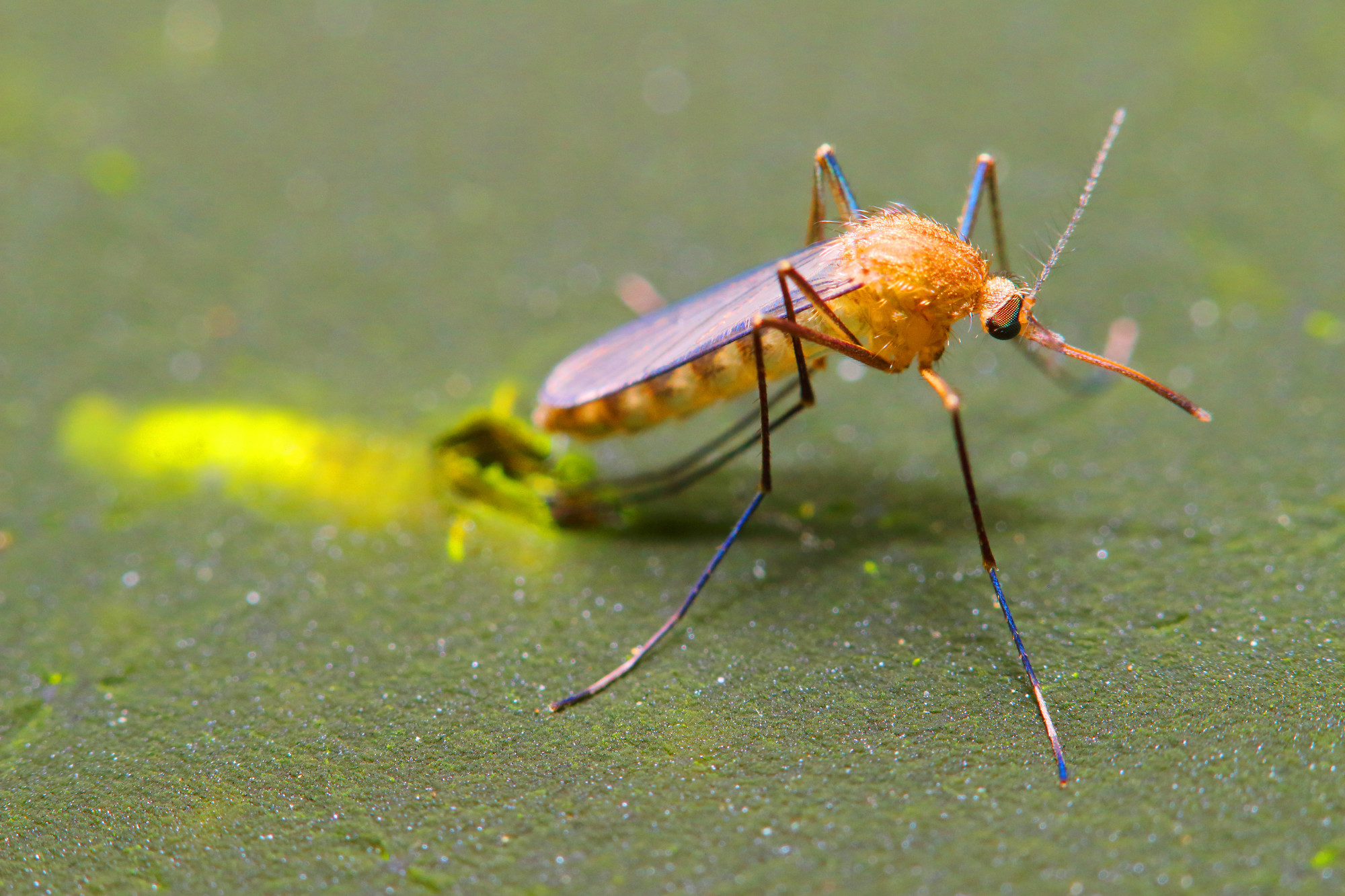However, under current national carbon-cutting plans, the world is on track to warm up to 2.9 degrees Celsius this century, the UN said this week.

While no one will be completely safe from the effects of climate change, experts expect that most at risk will be children, women, the elderly, migrants and people in less-developed countries that have emitted the least planet-warming greenhouse gases.
On December 3, the Cop28 negotiations in Dubai will host the first “health day” ever held at the climate negotiations.
Why hotter weather in China could mean more suicide deaths
Why hotter weather in China could mean more suicide deaths
Heat is believed to have caused more than 70,000 deaths in Europe during summer in 2022, researchers said this week, revising the previous number up from 62,000.
Worldwide, people were exposed to an average of 86 days of life-threatening temperatures a year from 2018-2022, according to the recent Lancet Countdown report.

The number of people over 65 who died from heat rose by 85 per cent from 1991-2000 to 2013-2022, it added.
And by 2050, nearly five times more people will die from the heat each year under a 2 degrees Celsius warming scenario than now, the Lancet Countdown projected.
More droughts will also drive rising hunger. Under the scenario of 2 degree Celsius warming by the end of the century, 520 million more people will experience moderate or severe food insecurity by 2050.

Meanwhile, other extreme weather events, such as storms, floods and fires, will continue to threaten the health of people across the world.
Almost 99 per cent of the world’s population breathes air that exceeds the WHO’s guidelines for air pollution.
Outdoor air pollution driven by fossil-fuel emissions kills more than 4 million people every year, according to the WHO.
Air pollution cuts lifespans in South Asia by 5 years or more: study
Air pollution cuts lifespans in South Asia by 5 years or more: study
The damage is caused partly by PM2.5 microparticles, which are mostly from fossil fuels. People breathe these tiny particles into their lungs, where they can then enter the bloodstream.
The Lancet Countdown report found that deaths from air pollution due to fossil fuels have fallen 16 per cent since 2005, mostly due to efforts to reduce the impact of coal burning.

Back to the bad news. The changing climate means that mosquitoes, birds and mammals will roam beyond their previous habitats, raising the threat that they could spread infectious diseases with them.
The transmission potential for dengue alone will increase by 36 per cent with 2 degrees Celsius warming, the Lancet Countdown report warned.
Chinese scientists are hunting for the next viral disease threat to humans
Chinese scientists are hunting for the next viral disease threat to humans
Storms and floods create stagnant water that are breeding grounds for mosquitoes, and also increase the risk of waterborne diseases such as cholera, typhoid and diarrhoea.
Scientists also fear that mammals straying into new areas could share diseases with each other, potentially creating new viruses that could then jump over to humans.
In the first 10 months of the year, people searched online for the term “climate anxiety” 27 times more than during the same period in 2017, according to data from Google Trends cited by the BBC this week.

